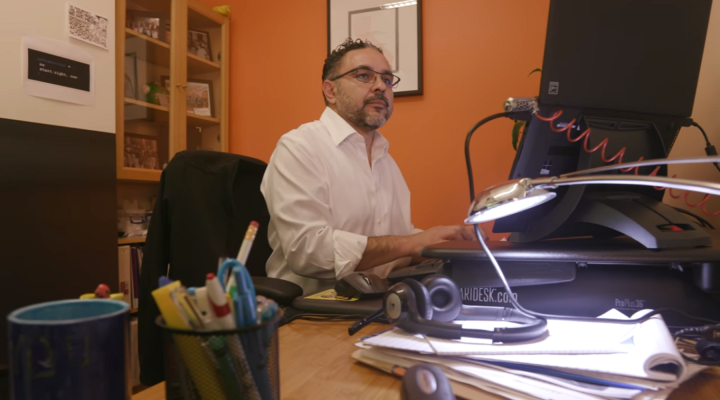
This financial innovation could help low-income people gain access to credit
This financial innovation could help low-income people gain access to credit

Of the 23 winners of the MacArthur ‘genius’ grants announced last Friday, one recipient was honored for financial innovation. Jose Quinoñez, founder and CEO of the San Francisco-based Mission Asset Fund, works with low-income people who often do not have bank accounts or much data in their credit files. His work builds upon something that already exists in many communities called lending circles, where small groups of friends and family come together to loan and borrow money from one another.
Quiñonez joined us to explain how this practice can help people outside the financial system gain access to credit.
On assumptions that exist about financial literacy in low-income communities:
Financial education is important, there’s no question about that. But the way that we’ve managed to implement programs around that is basically based on this assumption that poor people are somewhat broken, or they’re ignorant, or they’re just doing things bad, or have bad behaviors. And our view is that, actually, there’s a lot of good things that are happening in low-income communities that are not being recognized. In fact, people are really financially savvy because they have to be. They have to manage very tight budgets. They think of money all the time — almost to a fault.
On how lending circles work:
The way it works is you have people come together — either family, coworkers, friends. And they come together in groups of, say, 10 or 12 or 13 people, and they all agree to put in $100, $500 or $50. And then all of a sudden, they raise that total sum of $1,000. And then somebody takes that $1,000 for month one, and then they do it again in the second month. Then somebody else takes out $1,000. They do that in rotation until everybody has a chance of getting the total lump sum…and what we’re doing at MAF is basically formalizing that by having everybody sign a promissory note that basically makes this activity become visible to the financial systems.
Click the above audio player to hear the full interview.
There’s a lot happening in the world. Through it all, Marketplace is here for you.
You rely on Marketplace to break down the world’s events and tell you how it affects you in a fact-based, approachable way. We rely on your financial support to keep making that possible.
Your donation today powers the independent journalism that you rely on. For just $5/month, you can help sustain Marketplace so we can keep reporting on the things that matter to you.


















